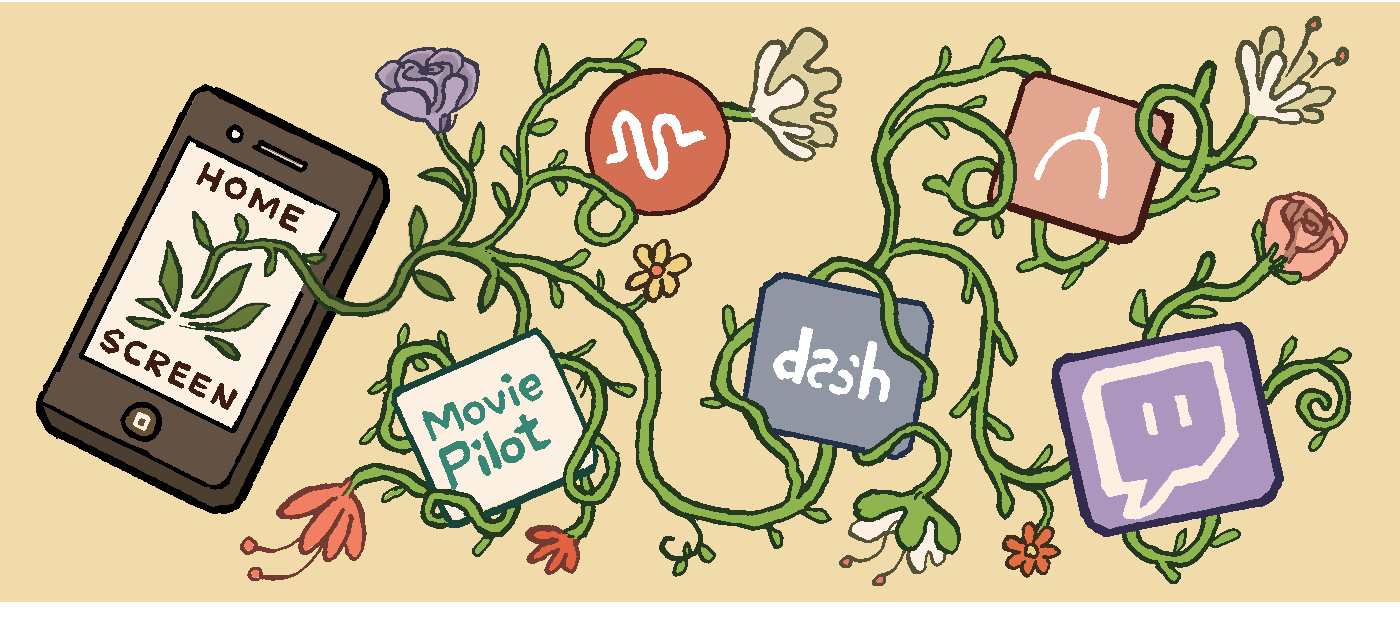
 Searching and not being able to find the perfect GIF to embed within a chat is the definition of a first-world problem.
Searching and not being able to find the perfect GIF to embed within a chat is the definition of a first-world problem.
But it’s a real pain point, and something Emogi, which uses predictive technology to suggest contextually relevant emoji, stickers and GIFs within conversations, is able to solve for brands that want to get closer to their customers where they spend an increasing amount of their time: messaging apps.
Just over 75% of smartphone owners worldwide used a messaging app in 2017, according to eMarketer.
Historically, messaging has been a private place to interact with friends and family. But people are getting used to “having more intelligent solutions integrated within their chat experience,” said Emogi CEO Travis Montaque, whether that be a service that bubbles up contextual content or a virtual assistant, like Facebook’s M within Messenger, that makes more utility-based suggestions.
Emogi, which has 40 million monthly active users, maintains standalone apps for iMessage, Google’s GBoard and Messenger. Its content library is also available through a software development kit that publishers can integrate with their apps.
The direct integrations give Emogi access to user data, including age and location, but no personally identifiable information, that brands can use for targeting.
A creative team within Emogi helps its advertiser partners design branded stickers and other content that can be targeted to users within messages based on demo, geo, time of day and what they’re chatting about in the moment.
McDonald’s, for example, partnered with Emogi to insert itself within conversations about eating to generate awareness for a limited-time Big Mac offering. Over three weeks, there were 275,000 shares of McDonald’s branded content and one out of three consumers targeted ended up sharing the content when chatting about food.
Emogi’s platform also comes with a programmatic bidding system that allows brands to compete for targeting opportunities. The demand isn’t there yet, but if, say, two coffee brands want to reach the same people at around the same time, they’ll be able to vie for the chance.
Brands pay for the initial engagement with Emogi content, but subsequent shares are considered earned media, and publishers make money through a rev share with Emogi.
The earned media vibe is part of what appeals to Universal Pictures, which worked with Emogi to promote the release of its films “Girl Trip” in July and “Happy Death Day” in October with custom stickers.
 The organic nature of the content helps cut through the clutter, said Doug Neil, EVP of digital marketing at the studio.
The organic nature of the content helps cut through the clutter, said Doug Neil, EVP of digital marketing at the studio.
“We work in the entertainment business, so we’re fortunate to have a product that people generally like to consume,” Neil said. “But we still have to fight to get the attention of our target market, which is why we’re always looking for creative, fun ways to drive awareness, interest and, ultimately, sharing, with the goal of creating conversation.”
Over the course of a 10-day pre-release campaign to drum up buzz about “Happy Death Day,” Universal was able to reach 1.4 million potential moviegoers based on their conversions and imminent intent to see a flick. Animated stickers promoting the film were viewed 44 million times and 26% of shares were of the movie logo.
Because this is a new opportunity for Universal, the studio isn’t holding Emogi to the same rigor it might for a traditional ad campaign in terms of KPIs, Neil said, but he’s been pleased with the level of engagement.
Better measurement is on Montaque’s to-do list. The company is planning to launch direct-response formats in 2018 and is working with a research firm and measurement providers to devise a standard for measurement in the messaging category. It’s a tricky proposition.
For example, what is the value when a recipient is exposed to a branded sticker or GIF but doesn’t share it? Should that count as an impression? And exactly how much more is it worth if that person does share the content with a friend?
“It’s a challenge to understand the impact of content across the board in messaging,” Montaque said. “But measurement aside, people are literally sharing movie logos and branded stickers, and that is clearly driving upper-funnel awareness.”
This is the 16th installment of Home Screen, a series of profiles on mobile pubs and apps and the devs that make them (and hopefully make money on them). Read about home decor app Lux; teen voting app Wishbone; wedding planner platform The Knot; lip-syncing app Musical.ly; pop culture magazine Movie Pilot; news app News Republic; on-demand laundry app Cleanly; music streaming app LaMusica; P2P global shopping app Grabr; kid-friendly chat app Jet.me; driving app Dash; anonymous app Whisper; storytelling app Episode; weather app Poncho and online writing community Wattpad.
This post was syndicated from Ad Exchanger.

More Stories
Waka Kotahi tackles drug driving with FCB and MBM
Unbound joins HubSpot for elite client data
Citigroup Scales Back DEI Initiatives